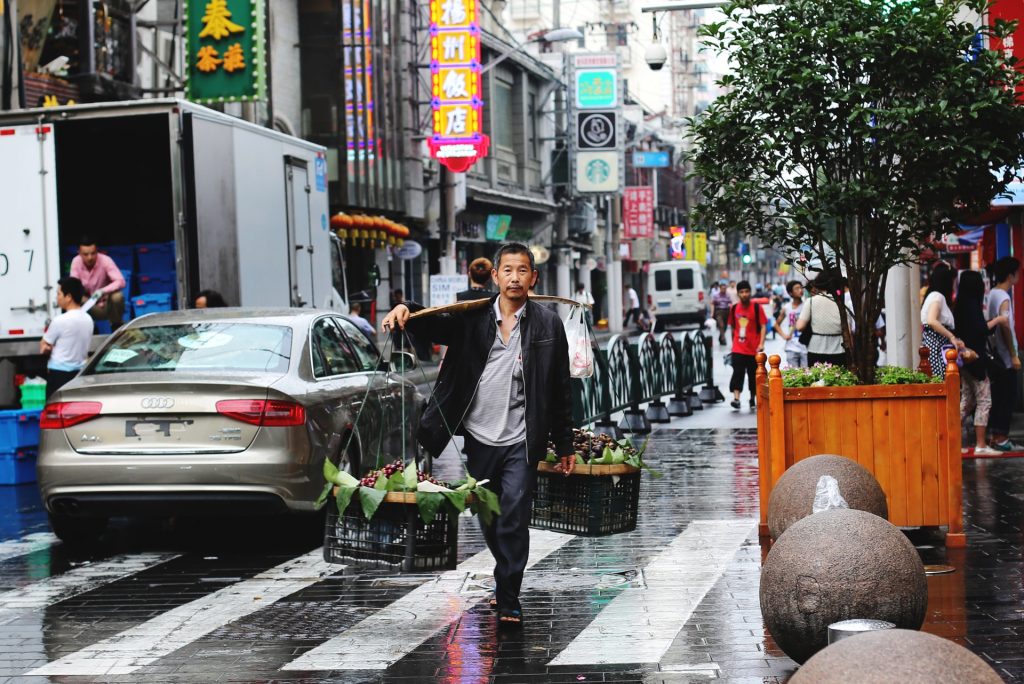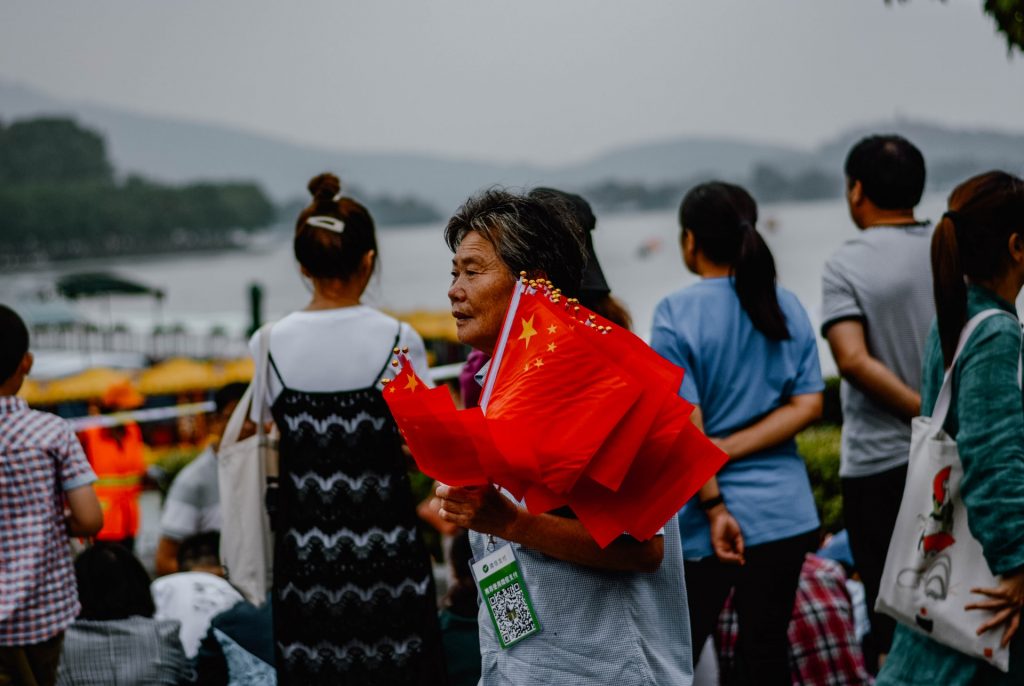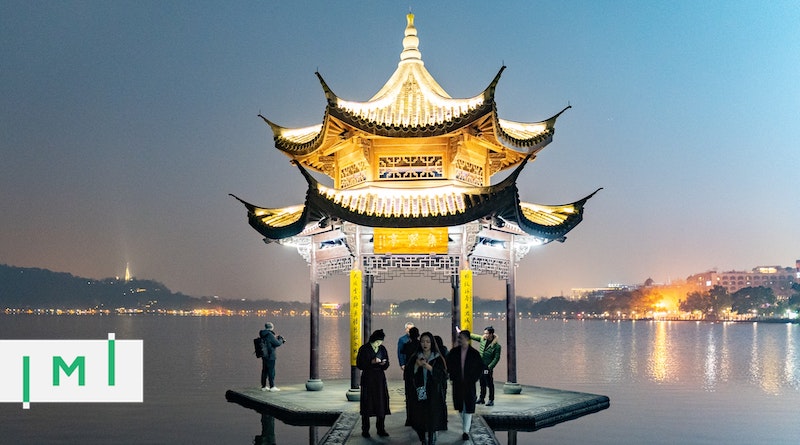Where Are All the Chinese Applicants? The 3 Factors Killing the Mainland IM Market
Until recently the world’s undisputedly largest source of investor migrants, China’s IM market has become a shadow of its former self. What’s going on?
Note: This article was written by a 15-year veteran of the Chinese mainland investment migration market, closely affiliated with IMI, and has been translated and adapted by IMI’s editor. For the author’s protection, we are publishing the article under the name of IMI’s editor.
Since the beginning of the pandemic, China’s investment migration market has labored under the shadow of several existential threats. The crisis has sharply affected the mainland China market and the consequences are spilling over into the markets of Hong Kong, Singapore, and Malaysia, which have historically developed in lockstep with that of China.
As has been covered extensively in IMI’s series – The Crisis in China’s Investment Migration Market – the crisis has occasioned wide-scale downsizing, cost-cutting, and disintegration among the formerly behemoth Chinese IM firms.
In 2021, however, things are getting even worse. Now, we are witnessing Chinese IM companies that once employed hundreds of people closing down altogether. Industry veterans are leaving their positions at an alarming rate and finding work in fields entirely unrelated to investment migration.
One influential and highly active WeChat group for investment migration practitioners in China, with some 500 active commenters that collectively post several hundred messages a day, provides an apt illustration:
Where two years ago the group chat was abuzz with discussions about the latest policy updates and market trends on investment migration, it has now devolved into a place for conversations on celebrity gossip and domestic Chinese current affairs. The manager of the group, a seasoned practitioner with more than 20 years of experience in the sector, has given up his IM business to focus on cross-border e-commerce.
Though the reasons for the Chinese market’s precipitous decline are many and varied, they are broadly characterized by three developments:
#1 – “Common prosperity” and surging tax risk

When barely anyone in China had capital, Deng Xiaoping famously professed that getting rich was “glorious”. Now that considerable portions of Chinese society have created significant capital, Xi Jinping has begun stressing the need for a “fairer income distribution” and “common prosperity”. Wealthy Chinese, accustomed to reading between the lines, are seeing the writing on the wall. Many are already experiencing the tangible consequences of such rhetoric.
Chinese HNWI are in the midst of a tax-inspection crisis, especially those who made their money in higher-than-normal margin industries. These include sectors like real estate, online business, film and TV, education, and medical care. Beijing has been vigorously updating its tax codes and regulations with a view to reducing income inequality. As part of that campaign, income tax reviews have been increasing in scope and frequency, especially targeting the affluent.
Chinese tax auditors are now conducting retroactive tax inspections on hundreds of thousands of individuals and with no statute of limitations. That is to say that if you have wealth or income from 20 years ago for which you cannot account for today, you’ll be on the hook – if Beijing is interested in you.
Virtually anyone that had an income in China 20 years ago has at least some revenue on which they have not paid tax. In practical terms, back then, the tax code was not broadly enforced, most transactions took place in cash, and tax payments only really became a concern once your business reached a certain scale.
If you have a tax code that you don’t seriously enforce, most people will treat tax payments as optional. Because pretty much everyone broke the rules (and did so without consequence for decades), Beijing can now begin to selectively enforce its tax code and can be certain they will find infractions among the records of any company or individual they decide to target. The “everyone else was doing the same”-defense will not work.
No one is safe and few will be spared.
The problem isn’t solved merely by obtaining a residence permit abroad. Your businesses, bank accounts, and real estate are in China. What good is a golden visa in Europe if you have to leave all your money behind?
Modern China has always had capital controls but, in the past, there were many ways of getting around them. Those included rudimentary methods (pooling foreign currency quotas among family members), edgier ones (the inflated invoice method), and shadow bank-enabled cross-border swaps.
But consider how the loopholes have been tightened in recent years:
- Nary a street hawker remains in China that does not accept WeChat/AliPay payments. Nobody has used cash in China for years;
- Transacting in crypto-currency is now a criminal offense;
- The government is quickly rolling out a central bank digital currency (CBDC), which will give it unfettered insight into how each of its citizens is spending money, down to the most minute detail, documented in an immutable ledger;
Chinese HNWIs are afraid, and they have good reason to be. And before they can even begin to consider how they will get themselves and their families to Greece, Portugal, the US, or New Zealand, they need to figure out how to get their money out. Until they do, don’t expect any revival of China’s IM market.
China’s ongoing “third wealth distribution” – a phrase that refers to the government’s official encouragement of the wealthy to help make society more “fair” by “voluntarily” giving away capital through philanthropic initiatives) – heralds the advent of even tougher redistributive policies.
#2 – China’s “COVID-Zero” policy and border restrictions

Through some of the world’s harshest border controls (restrictions on the exit of Chinese citizens and the entry of foreigners, including multi-week quarantines either way for both groups), China has been able to keep domestic life relatively open. But this policy of internal relaxation coupled with external tightening has not only reduced the mobility of people but also that of capital.
Passports, of course, play an important role in international business. Right now, in China, if your passport expires, it will not be renewed unless you have “special reasons,” which, in practice, almost never apply.
The inability to obtain valid passports has made it extremely difficult for many Chinese to open and use foreign bank accounts, to say nothing of applying for another citizenship or residence permit.
Moreover, China’s relative success in limiting the pandemic’s disruption of life domestically – contrasted with news reports of the havoc the virus has wreaked abroad – has made many citizens feel rather content and safe in China. There are no mask mandates and people are generally free to go about their daily lives. Mass vaccinations have made many Chinese believe China is now a world leader in public health.
#3 – Geopolitical stirrings and the “Great Cause” of reunification with Taiwan

Geopolitically, China is now more isolated than at any point since the Mao era. Beijing has ongoing disputes with the United States, Australia, Japan, Vietnam, the Philippines, Lithuania, Canada, and India, to mention but a few of the most prominent spats. This is cause for concern for the average Zhou, who worries about social stability and military security.
It doesn’t help that domestic media tirelessly give disproportionate airtime to various instances of unfair or improper treatment of Chinese citizens abroad, sowing doubt in their minds as to whether life abroad, for overseas Chinese, will really be so stable and secure.
Furthermore, rhetoric over Taiwan is growing increasingly heated as Beijing seeks to divert attention away from domestic shortcomings and toward cross-strait rumblings. That the Taiwan question will see a resolution, sooner rather than later, is now a commonly held belief in China. Mainlanders are mentally prepared for and supportive of the outbreak of armed conflict, despite the Taiwanese people’s clear and fervent opposition the same.
Who benefits from mainland China’s IM-market crisis?
Singapore has been proactively encouraging the development of the city-state as a hub for family offices in the last two years. Chinese investors are increasingly favoring the project, specifically the 13X and 13R schemes, which include the possibility of applying for employment passes, which gives these schemes an immigration element.
Moreover, as a way to attract more individual and institutional funds, the Monetary Authority of Singapore has designed a simpler and lower-cost Variable Capital Company (VCC) investment structure.
These initiatives offer possible avenues for helping Chinese HNWIs to extricate their wealth from the mainland. Little wonder, perhaps, that in just the last year-or-so, more than 100 VCC institutions have been established in the Lion City.
But these are complicated structures that involve the movement of large amounts of capital, deals on which run-of-the-mill IM advisors are hardly qualified to assist. These deals, which not infrequently involve the movement of billions of dollars, are handled by the big accounting firms – not some rinky-dink golden visa consultancy in Changsha.
Moving large sums of money out of China, in a legal way, is the hard part. Once that’s done, tacking on an immigrant application or two is peanuts in comparison. In the end, the accounting firm ends up moving both the money and the individuals.
Christian Henrik Nesheim is the founder and editor of Investment Migration Insider, the #1 magazine – online or offline – for residency and citizenship by investment. He is an internationally recognized expert, speaker, documentary producer, and writer on the subject of investment migration, whose work is cited in the Economist, Bloomberg, Fortune, Forbes, Newsweek, and Business Insider. Norwegian by birth, Christian has spent the last 16 years in the United States, China, Spain, and Portugal.



